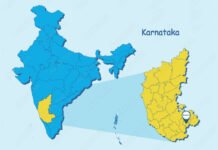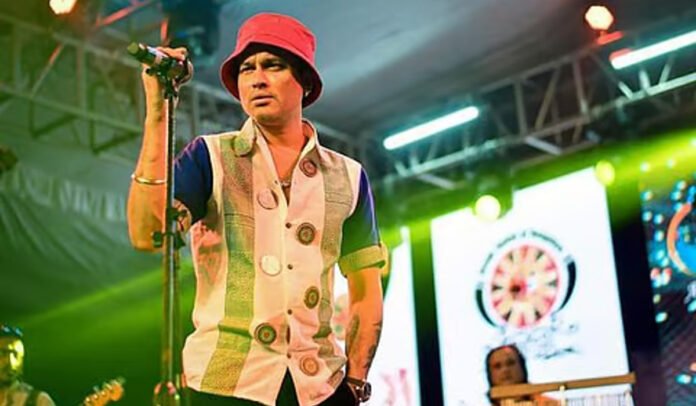Though I never had the chance to interact with Zubeen Garg, I knew him from his days at J.B. College, long before the release of the iconic Anamika album that catapulted him into stardom. Even then, he was impossible to miss. With his long, curly locks cascading over his shoulders, he carried an air of defiance and flamboyance that set him apart in the crowd. There was a certain aura about him — a restlessness, a hunger, perhaps even an intuition that he was destined for greatness.
When he moved to Guwahati, the trajectory of his career became known to all. From Assamese melodies to Hindi blockbusters, from Bengali ballads to devotional anthems, Zubeen’s voice became omnipresent — an inseparable part of our lives. Whether you were heartbroken, joyous, ready to dance, overcome with patriotism, or searching for spiritual solace, there was always a Zubeen Garg song to mirror your emotions. His versatility was not merely a testament to his craft but to the soulfulness with which he sang.
Zubeen lived life unapologetically — a true rockstar in every sense. He was flamboyant, larger than life, and wore his heart on his sleeve. He could be headstrong and impulsive, yet that very unpredictability made him real and deeply relatable. He was not the kind of artist who played safe; he was the kind who lived and sang with reckless abandon, often blurring the line between art and life. Even in his fifties, he retained the same youthful exuberance that had defined him decades earlier. His voice, like fine wine, only grew richer with time.
And yet, perhaps subconsciously, I never could imagine Zubeen growing old or mellowing down. He lived dramatically, and one could only assume that his departure, whenever it came, would bear that same intensity. But I had always hoped it would be decades away — after he had gifted us many more songs, many more anthems for our lives. At 52, he had far too much left to give, too many promises yet to fulfill, too many dreams left unspoken for his community, his people, and his art.
While we mourn his untimely demise, I cannot help but feel a deep, unsettling anger. Zubeen was known to suffer from epileptic fits — a condition where the first caution is to avoid open water. Yes, he was headstrong and often lived by his own rules, but that is precisely why those around him bore the greater responsibility of ensuring his safety. Stars may demand freedom, but those who love them — whether friends, colleagues, or organisers — must sometimes have the courage to intervene. That did not happen. He was in Singapore as an ambassador of the Northeast, invited to perform at a prestigious festival. His safety should have been paramount. It wasn’t. And for that, I cannot help but feel we, as a society, failed him.
Now, it is too late. The voice that gave us Ya Ali, Dil Tu Hi Bataa, Mayabini, and countless other gems has been silenced. The void he leaves is cavernous, one that no one will ever truly fill. For millions of his admirers, myself included, his passing feels personal — as if a part of our own youth, our memories, and our emotional soundtracks have been ripped away.
Rest in peace, Zubeen. You were more than a singer; you were a phenomenon. You will continue to sing through us — in every joyous gathering, in every silent heartbreak, in every song that lifts our spirit. And wherever you are now, may your voice still echo, reminding the universe that legends never truly die.

























